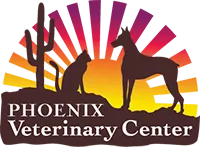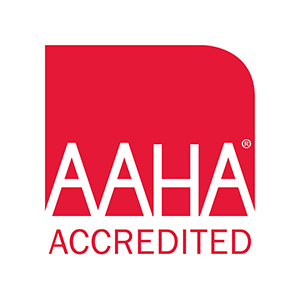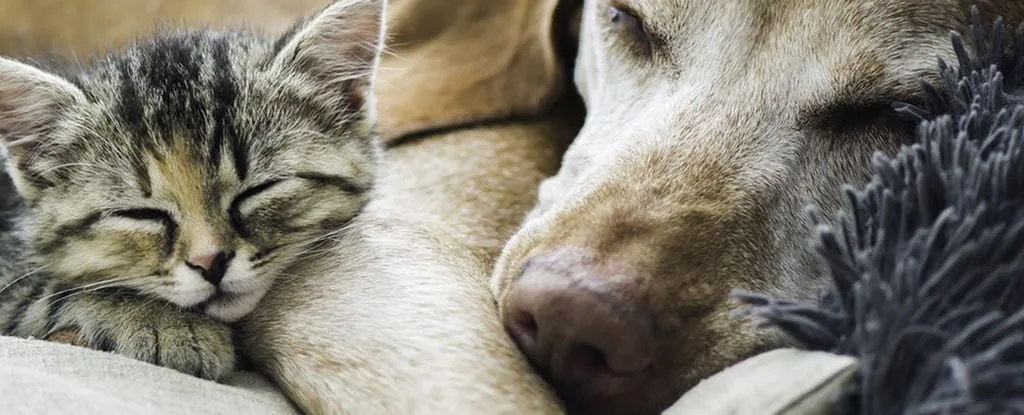Did you know that the ASPCA Animal Poison Control Center handled more than 180,000 calls requesting assistance for family pets they thought had ingested a poisonous substance in 2013 alone? OK, I didn’t either; I got it from their vast amount information online.
1. Prescription Human Medications: Almost 15,000 calls just because someone’s pet ingested their personal medication. The calls made were most frequently one of three kinds: heart medications, like those for blood pressure, different types of antidepressants and pain medications (narcotics and prescription non-steroidal anti-inflammatory drugs are examples). Most of the time, this was completely accidental and were due to people dropping medication when preparing to take it, and before they knew it, someone had grabbed and eaten the pill off the floor.
2. Insecticides: Insecticides are regularly used in the yard, inside our homes, and on our animals (for fleas and ticks). While nearly 20% of calls were about insecticides, more than half of the calls involving cats pertain to felines exposed to insecticides including fleas and tick products meant for dogs and which are toxic to cats so please, always read the label before using any insecticide on your pet, in your home or in your yard.
3. Over-the-Counter Human Medications: Based on their statistics, over-the-counter human products accounted for another 15% or so of calls to ASPCA’s poison control in 2013. This group contains acetaminophen, ibuprofen and naproxen as well as herbal and nutraceutical products (fish oil, joint supplements). Many of these products are tasty to pets, and some can be life threatening if ingested. Another couple of examples are the iron and Vitamin K in daily vitamins and other similar supplements. Unlike Vitamin C and other water-soluble substances, these chemicals are actually stored in the body fat, making it easy to build up toxic levels with relatively small numbers of tablets.
4. Household Products: There were nearly 17,000 calls to the APCC about household products in 2013. Household toxins can range from fire logs to cleaning products. Some items can be corrosive, while other can cause organ damage or obstruction of the gastrointestinal tract requiring surgical intervention.
5. People Food: Human foods are usually pretty appealing to pets, especially to dogs. Dogs can get themselves into serious trouble by ingesting onions/garlic, grapes/raisins and xylitol, a sugar substitute often found in sugarless gum, which can be life-threatening for animals causing severe and sudden drops in blood sugar and can lead to liver failure if not treated quickly and aggressively.
6. Veterinary Products and Medications: Both over-the-counter and prescription veterinary products are included here. Flavored, chewable tablets make it easy to give your pet pain or joint medication, but it also makes it more likely for them to ingest the entire bottle if given the chance.
7. Chocolate: Chocolate is still the number one people food that pets ingest (they’ve reported received an average of 26 calls in recent years). Too much chocolate (and even surprisingly smaller amounts of dark or baker’s chocolate) can cause vomiting, diarrhea, high heart rate and seizures.
8. Rodenticides: When putting out baits to kill mice and rats, never underestimate the resourcefulness of your pet. Approximately 5.5% of calls to the APCC in 2013 were related to bait. Depending on the type of rodenticide, ingestion can cause internal bleeding, kidney failure or seizures.
9. Plants: More than 9,000 cases in 2013 were pet parents calling about their animals eating plants. This is one category that cats lead dogs in the number of exposures. Lilies can cause kidney failure and death in cats. Please see their extensive and informative list of toxic/non-toxic plants for more information, which you can print for future reference.
10. Lawn and Garden Products: Fertilizers, which can be made of dried blood, poultry manure and bone meal, and even cocoa bean mulch (chocolate again!) are very attractive to pets, so it is not surprising that the ASPCA gets many calls (over 5,000 in 2013) on lawn and garden items.
If you have any reason to suspect your pet has ingested something toxic, please contact your veterinarian or the Animal Poison Control Center’s 24-hour hotline at (888) 426-4435.
Information generously provided by ASPCA poison control



